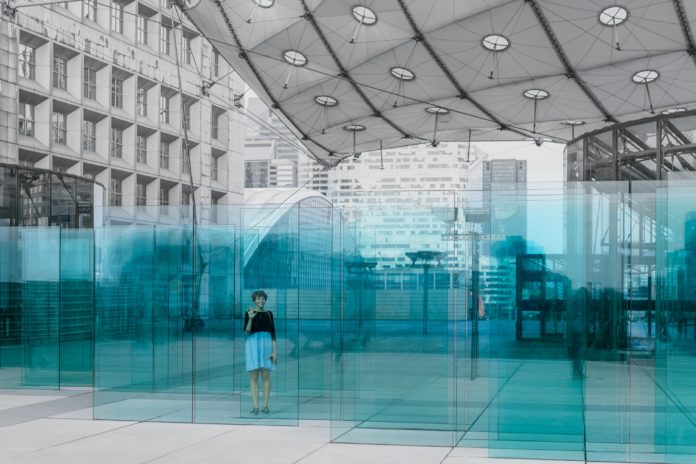Singapore and the Republic of Korea signed a Memorandum of Understanding (MOU) in November 2019 to enhance cooperation and information sharing on cybersecurity.
The MOU was signed by Mr David Koh, Chief Executive, Cyber Security Agency of Singapore (CSA) and Mr Kim Seok-hwan, President, Korea Internet and Security Agency (KISA), and was exchanged by Singapore’s Ambassador to the Republic of Korea Mr Eric Teo and Mr Kim on 23 November 2019, during Prime Minister Lee Hsien Loong’s official visit to the Republic of Korea. The MOU exchange was witnessed by PM Lee and the President of the Republic of Korea Moon Jae-in.
According to the CSA press release, Singapore and the Republic of Korea share mutual interests in enhancing cybersecurity cooperation, as cybersecurity is a key enabler for both countries to leverage the benefits of digitalization to grow their economies and improve the lives of their citizens.
This MOU will facilitate more exchanges and information-sharing across the strategic, policy, and technical domains, including in the areas of protection of critical information infrastructure, promotion of the cybersecurity ecosystem, as well as human resource development, so as to strengthen our ability to address and tackle the transboundary challenge of cybersecurity.
Mr Koh said “The MOU signals Singapore and the Republic of Korea’s continued commitment to work together to address the increasingly sophisticated cyber threats today. This MOU will also increase the professional exchanges and sharing of best practices between CSA and KISA for the benefit of our citizens and the region.”
Earlier this year, Singapore participated in the fourth ASEAN Ministerial Conference on Cybersecurity (AMCC), convened in October as part of Singapore International Cyber Week 2019.
Chaired by Singapore’s Minister for Communications and Information and Minister-in-charge of Cybersecurity, Mr S Iswaran, AMCC was attended by Ministers and Senior Officials responsible for Cybersecurity; and Information and Communications Technology (ICT) from all 10 ASEAN Member States; and Deputy Secretary-General of the ASEAN Political Security Community, H.E. Hoang Anh Tuan.
The AMCC saw further discussion of key cybersecurity matters raised at the previous meeting, in particular the need for a formal mechanism to coordinate ASEAN cybersecurity efforts. In response to this, Singapore, with input from ASEAN Member States, has drafted the ASEAN Cybersecurity Coordination Mechanism Paper.
ASEAN Ministers discussed the options that the paper presented for a cybersecurity coordination mechanism and agreed to endorse a recommendation for an ASEAN Cross-Sectoral Coordinating Committee with relevant representatives from sectoral bodies to be set up for cybersecurity. The ministers also noted that the mechanism should not duplicate existing ASEAN sectoral bodies’ work. The proposal paper will now be circulated to the relevant ASEAN Sectoral bodies as well as the ASEAN Telecommunications and IT Ministers Meeting (TELMIN) for further consideration before being submitted to ASEAN Leaders.
The AMCC reaffirmed the region’s commitment to a rules-based international order in cyberspace, and noted ASEAN Member States’ efforts at implementing the 11 voluntary, non-binding norms recommended in the 2015 United Nations Group of Governmental Experts (UNGGE) Report.
In particular, the AMCC discussed possible ways to implement the norms and capacities required and they agreed to establish a working-level committee to develop a long term regional action plan to ensure effective and practical implementation of the norms.
The working-level committee will have a year to study and propose recommendations in specific areas including CERT cooperation, protection of critical information infrastructure, and mutual assistance in cybersecurity.
The AMCC also affirmed the need for regional capacity-building in cybersecurity, in particular to support capacity-building initiatives at the ASEAN-Singapore Cybersecurity Centre of Excellence in Singapore and the ASEAN-Japan Cybersecurity Capacity Building Centre in Thailand. They welcomed the partnership with the UN and ASEAN Dialogue Partners in this effort.














